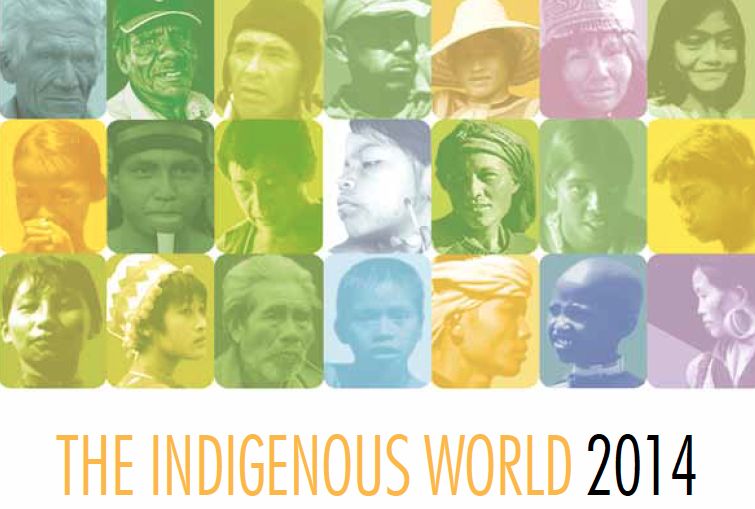 A Supreme Court of Canada decision has granted the
Tsilhqot'in First Nation of British Columbia Aboriginal title over a wide area
of traditional territory. The unanimous 8-0 decision, gives the Tsilhqot'in First
Nation rights to more than 1,700 square kilometers of land. The group now has
rights to the land, the right to use land and the right to profit from the
land. Reports indicate that this is the Supreme Court's first on Aboriginal
title, and can be used as a precedent wherever there are unresolved land
claims.
A Supreme Court of Canada decision has granted the
Tsilhqot'in First Nation of British Columbia Aboriginal title over a wide area
of traditional territory. The unanimous 8-0 decision, gives the Tsilhqot'in First
Nation rights to more than 1,700 square kilometers of land. The group now has
rights to the land, the right to use land and the right to profit from the
land. Reports indicate that this is the Supreme Court's first on Aboriginal
title, and can be used as a precedent wherever there are unresolved land
claims.
In 2012, the B.C. Court of Appeal granted the Tsilhqot'in
rights to hunt, trap and trade in its traditional territory, but agreed with
both the federal and provincial governments that the Tsilhqot'in must indicate
specific sites where its people had lived instead of claiming a broad area. The
Tsilhqot'in criticized that initial decision, arguing that they had
traditionally never resided permanently in one area of the land and that the
government had failed to consider their traditional way of life.
This decision by the Supreme Court of Canada now requires
governments to meet one of two criteria before conducting economic development
on Aboriginal land.




















